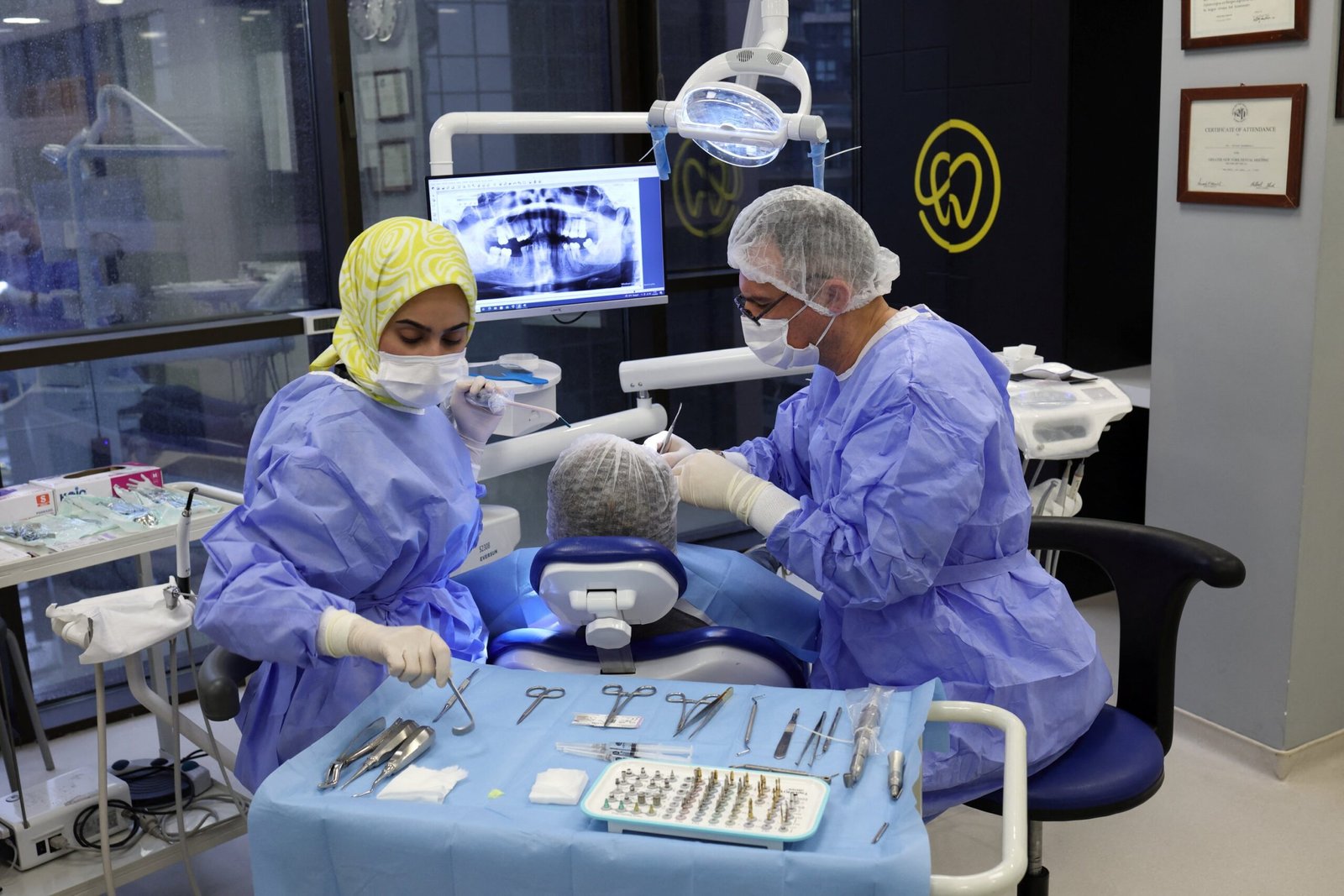Cancer remains the second leading cause of death worldwide, with lung and colon cancers emerging as two of the most fatal types. Alarmingly, these cancers are now spreading rapidly, particularly among individuals under 50. Recent research has identified a surprising potential culprit: tiny plastic particles present in the air we breathe.
A groundbreaking study conducted by the University of California sheds light on the alarming link between these microscopic plastic particles and serious health conditions, including lung and colon cancer. This revelation underscores the urgent need for addressing environmental pollution to protect public health.
The Growing Threat of Lung and Colon Cancer
Lung and colon cancers have seen a significant rise globally, especially among younger populations. While factors like smoking, poor diet, and genetics have long been associated with these diseases, the new study highlights an overlooked risk factor—tiny plastic particles.
Key Findings of the University of California Study
The research team at the University of California conducted an extensive analysis of over 3,000 prior studies, focusing on the effects of small plastic particles on the human body. These particles, often invisible to the naked eye, are prevalent in the air, water, and even the food we consume.
Health Risks Linked to Tiny Plastic Particles
The study revealed that these microscopic plastics pose a significant threat to multiple organ systems:
- Respiratory System: Inhaled plastic particles embed themselves deep within lung tissues, triggering chronic inflammation and oxidative stress. These conditions damage DNA and alter cells, creating a conducive environment for lung cancer to develop.
- Digestive System: Ingested plastic particles disrupt the balance of beneficial gut bacteria, leading to inflammation and an increased risk of colon cancer. Chemicals present in plastics further accelerate tumor growth.
- Reproductive and General Health: The particles are also linked to infertility, poor lung function, and other systemic issues.
How Tiny Plastics Impact DNA and Cells
The study highlighted the mechanism by which plastic particles contribute to cancer development. Once inhaled or ingested, these particles penetrate deep into tissues, where they:
- Damage DNA, a critical step in cancer formation.
- Induce chronic edema (swelling caused by inflammation).
- Cause oxidative stress, leading to cellular damage and dysfunction.
These processes collectively weaken the body’s defenses, making it more susceptible to cancer and other diseases.
A Wake-Up Call for Environmental Action
The findings of this research are a stark reminder of the pervasive impact of environmental pollution on human health. Plastics, which are now ubiquitous in our environment, are not just an ecological concern but a direct threat to human well-being.
The study’s authors emphasize the need for immediate action to reduce plastic pollution and minimize human exposure to these harmful particles. This includes:
- Stricter Regulations: Governments worldwide must enforce stricter regulations on plastic production and waste management.
- Public Awareness: Educating the public about the dangers of plastic pollution and encouraging sustainable practices.
- Further Research: Continued studies to better understand the long-term effects of microplastics on human health.
Preventive Measures to Reduce Exposure
While addressing the root cause of plastic pollution is a long-term goal, individuals can take steps to minimize their exposure:
- Improve Indoor Air Quality: Use air purifiers and avoid using plastic-based products that can release microplastics into the air.
- Opt for Natural Alternatives: Choose glass, metal, or other non-plastic materials for daily use.
- Stay Informed: Keep up with research and follow guidelines for reducing plastic use.
The Role of Plastics in Tumor Growth
One of the most alarming findings of the study is the role of chemicals in plastics in accelerating tumor growth. These chemicals interact with the body’s natural processes, disrupting normal cellular function and promoting the development of cancerous cells.
Published Findings
The results of this groundbreaking research were published in the journal Environmental Science and Technology, providing a comprehensive overview of the risks posed by microplastics. The study has garnered attention from the global scientific community, urging further investigation and immediate action.
The University of California study has uncovered a chilling link between tiny plastic particles and life-threatening diseases like lung and colon cancer. These findings highlight the urgent need for global efforts to combat plastic pollution and protect public health.
By understanding the risks and taking proactive steps, we can reduce our exposure to harmful plastics and pave the way for a healthier future.



